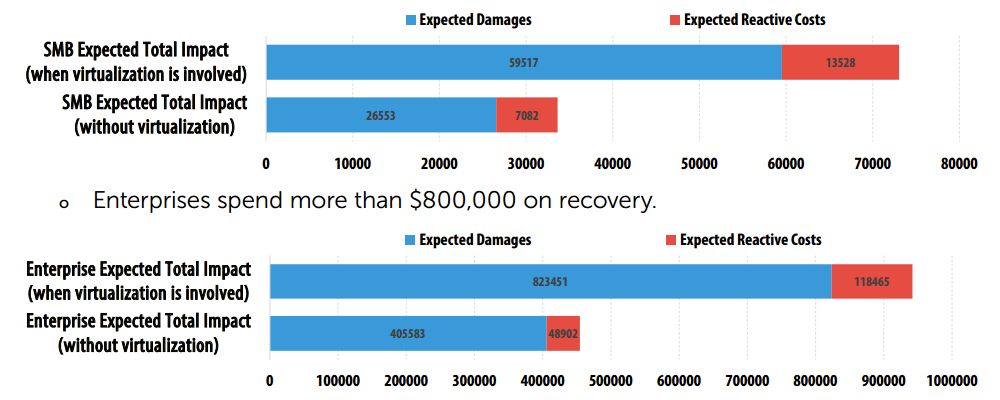Kaspersky Lab has just announced it has expanded the scope of its cooperation with Interpol and Europol, in the form of a cooperation agreement with the former and a memorandum of understanding with the latter.
On September 30, Eugene Kaspersky, Chairman and CEO of Kaspersky Lab, and Ronald K. Noble, INTERPOL Secretary General, signed a cooperation agreement under which the security company will provide its products, intelligence, and ongoing support to the INTERPOL Global Complex for Innovation (IGCI) in Singapore.
The following day, Eugene Kaspersky, together with Troels Oerting, Europol’s Assistant Director and Head of its European Cybercrime Centre (EC3), signed a memorandum of understanding between Kaspersky Lab and the EU’s law enforcement agency, which paves the way for closer cooperation between the two organizations. Both signing ceremonies took place in Singapore, which is hosting the INTERPOL-Europol Cybercrime Conference on October 1–3, 2014.
In other words, Kaspersky and the international law enforcement agencies will work more closely fighting cybercrime.
Bringing in private expertise: INTERPOL and Kaspersky Lab extend cooperation
Tweet
Throughout the world law enforcement agencies have special departments tasked with battling high-tech breaches or cybercrime, which can be as damaging as an “offline” crime, or even far worse. A decade and a half ago most cybercrime was rather vandalistic in nature. But now it is almost entirely and uniformly “money-oriented”: today’s cybercriminals are looking for profit, not vanity. And that’s where the differences between “cybercrime” and “just crime” fades from view. In fact, they are not always that different if you take a closer look.
Interests of security vendors and law enforcement agencies intertwine quite often. We all have heard a number of stories about dismantling large botnets – it’s always been the joint operations of private companies and law enforcement agencies. The former provided technological expertise, the latter – the necessary legal framework and physical action. Or, in other words, security vendors provide guidance, law enforcement agencies launch the torpedoes.
Downing the botnets is certainly not the only aspect of the cooperation between security vendors and law enforcement. Cyber-fraud becomes ubiquitous and costs businesses hundreds of millions per year across the globe. Cyber-espionage campaigns are a direct peril for national security, and the threat of full-blown cyberterrorism with “offline” victims has been looming for years.
But in the end the only difference between a bank robber and a hacker siphoning money via fraudulent transactions is the tools used.
Still the different tools of the crime require different approaches. Dealing with malware and other high-tech (or, again, not so high-tech) crime is something private security vendors excel at, so it is quite logical that law enforcement agencies more and more often bring in private expertise to battle cybercrime: the ultimate goal is the same – a free and transparent, but also secure, cyberspace.
 cybercrime
cybercrime

 Tips
Tips